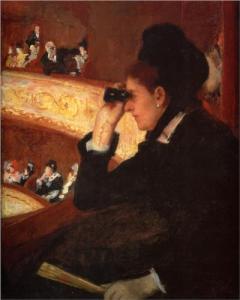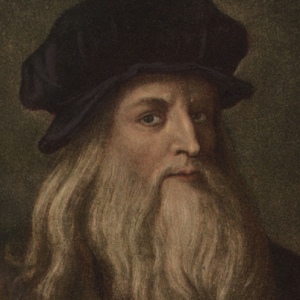The Future of Opera, a Conversation with Christopher Hahn
The future of opera has many considerations. It must respond to changes in financial markets, in audience tastes, and in the aesthetic direction of an art that has a 400-year history but that also remains productive with new works. Beyond that, it is simply one of the most complex and expensive forms to produce. Consequently, contemporary opera companies are dealing with a number of intersecting issues. How to present new work and find audiences for it, how to mount expensive productions of the historically celebrated repertoire, how to balance the budget in tough financial times, and how to honor the artists who pour their soul into their beloved work. The Muse Dialogue offers some thoughts on the situation, and shares the thoughts of Pittsburgh Opera’s General Director, Christopher Hahn.
Join us for reflections on opera, its history and future, and even on the wonders of nonprofit finance in “The Future of Opera, a Conversation with Christopher Hahn” (click here to read full article).














